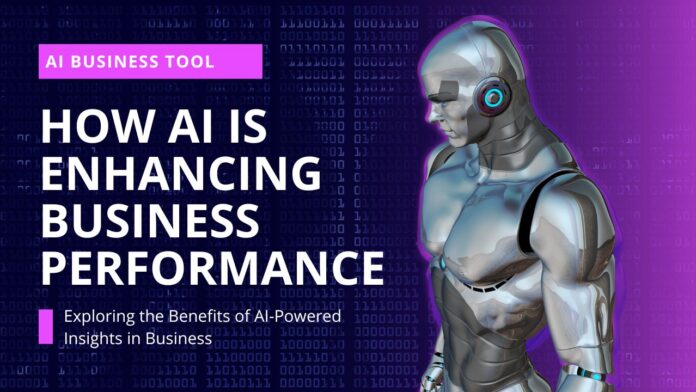The recent Product Leaders Forum 2023 brought together a panel of distinguished experts to explore the theme of “Artificial Intelligence for the Real World.” Industry leaders from diverse backgrounds spanning banking, telecom, and IT shared their insights into their experience of using AI in their respective fields of work, thus giving a comprehensive view of how AI is shaping different domains.
AI in HR: Enhancing User Experiences
Somasundar Konduri, Sr Director HR, ADP, highlighted the importance of AI in improving user experiences. He shared an example of ADP’s chat summarisation tool, which uses AI to capture and summarise calls automatically. This tool allows client service representatives to focus entirely on addressing client needs rather than getting bogged down by manual note-taking, ultimately enhancing efficiency and the client experience.
AI Challenges in Telecom: Energy and Data
Sharing the challenges facing the telecom industry, particularly with the rollout of 5G technology, Amit Sharma, Senior Director, Ericsson, highlighted a pressing concern of energy consumption, as 5G devices and cell towers consume significant power. This challenge has been overcome by using AI, which manages “sleep modes” that optimise energy consumption based on traffic while maintaining service quality. Additionally, handling the vast amount of data generated by 5G is a challenge, and Ericsson is working on solutions to minimise data transfer for network management while ensuring energy efficiency and top-notch user service.
Bridging the gap between AI Potential and Real-world Impact
Dr. Venugopal Jarugumalli, DGM AI/ML, ZF Group, underscored the journey of AI from data management to automation and the challenges in realising its full potential. According to Vengupoal, initiatives like the “AI Application Life Cycle Management” aim to predict future product developments based on past data, while the “Computer Vision Toolbox” predicts product failures using image data. However, he says that bridging the gap between AI’s vast potential and its complete real-world realisation remains an ongoing endeavour.
AI in Fashion: Creativity Meets Efficiency
Zapero AI uses generative AI to enhance the creative processes of fashion designers, says Krishna Chaitanya Puttagunta, Founder& CEO of Zapero AI. The company aims to empower individuals to be creators, amplifying human creativity rather than replacing it. They focus on creating AI designs that reduce waste and boost profitability in the fashion industry.
Making AI Understandable for Non-experts
According to Amit has taken an approach to making AI understandable for non-experts. The emphasis is on AI literacy through workshops to ensure transparency, even if it means a slight drop in accuracy. Amit feels proper expectation setting is crucial, and user interfaces should be clear and uncomplicated to provide users with the necessary information.
AI Augments Humans in HR
Somasundar emphasised that AI doesn’t replace humans but complements them. He highlighted the example of a conversational user interface that learns and improves with human input, allowing HR professionals to focus on strategic, creative tasks over operational ones. AI enhances efficiency in processes like talent acquisition, helping sift through profiles to identify the best candidates.
Awareness about AI Misinformation Threat
Krishna Chaitanya Puttagunta, founder, Zapero AI, raised a crucial concern about AI: misinformation. He points out that AI’s ability to create content nearly indistinguishable from human-generated content poses a significant risk. Fabricated content on platforms like Twitter could provoke societal discord; thus, creating awareness about misinformation risk is essential.
Accountability, Innovation, Security
The importance of accountability, innovation, and cybersecurity in the business of data generation and management is critical, stressed Dr. Venugopal. In his organisation, internal innovation and a generative approach are central to their strategy; thus, it promotes innovation and offers equal opportunities while rigorously addressing cybersecurity concerns to ensure data privacy and integrity.
Essential Skills for Future Product Leaders
Future product leaders in the AI era have to upgrade essential skills; thus they must continually learn, remain grounded and maintain an innovative spirit. Highlighting this aspect, Sharma emphasised that understanding users, identifying problems, and devising solutions are foundational product management principles that remain crucial, even in the age of AI.
In conclusion, the insights from these industry experts offer a valuable perspective on how AI is being applied across various domains and the challenges and opportunities it presents. AI is not just a futuristic concept but a real-world tool that is transforming industries and enhancing human capabilities. As AI continues to evolve, it is essential to prioritise transparency, accountability, and responsible use to harness its full potential for the benefit of society.




